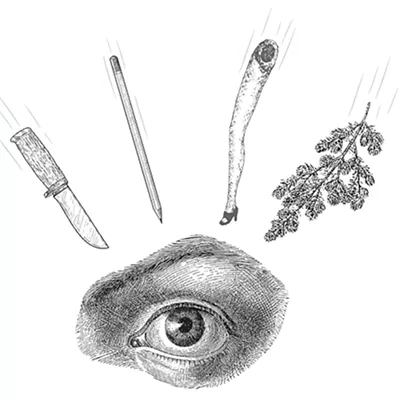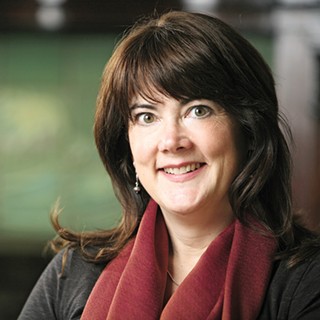ATTRIBUTES: Acorn, butternut, Hubbard, kabocha, spaghetti and of course pumpkin are just a few of the many varieties of winter squash. Unlike zucchini, a member of the same family, winter squash are hard-skinned and harvested in the fall. Also unlike zucchini, they will last for months in a decorative bowl on your kitchen counter.
SUPERPOWERS: We know a lot of people say they don't like squash. Get over your reticence. Squash is so good for you, so inexpensive, and, uncut, lasts so long that you can't afford to miss the wallop of nutrition inside that hard shell. With all the doubt raised recently about trying to get your nutrients from supplements, you can't afford to miss this naturally abundant source of Vitamin A, Vitamin C, potassium and manganese.
WEAKNESS: Subjectively, the word squash is somewhat icky-sounding. Objectively, many adults, and virtually all children past infancy, seem to find the mushy, sometimes stringy texture of the innards of the genus Cucurbita off-putting.
HOW TO USE IT: Whole Foods Market offers a method for "rich, perfectly roasted winter squash without any prep work at all." Preheat the oven to 400 degrees. Place whole squash on a baking sheet and roast about an hour, until the skin is papery and the squash is tender if you poke it with a fork in several spots. Cool and then peel away the skin and discard seeds.
Now your squash is ready to be featured prominently, or cleverly disguised, in nutritious soups, salads, casseroles, and even baked goods.




















